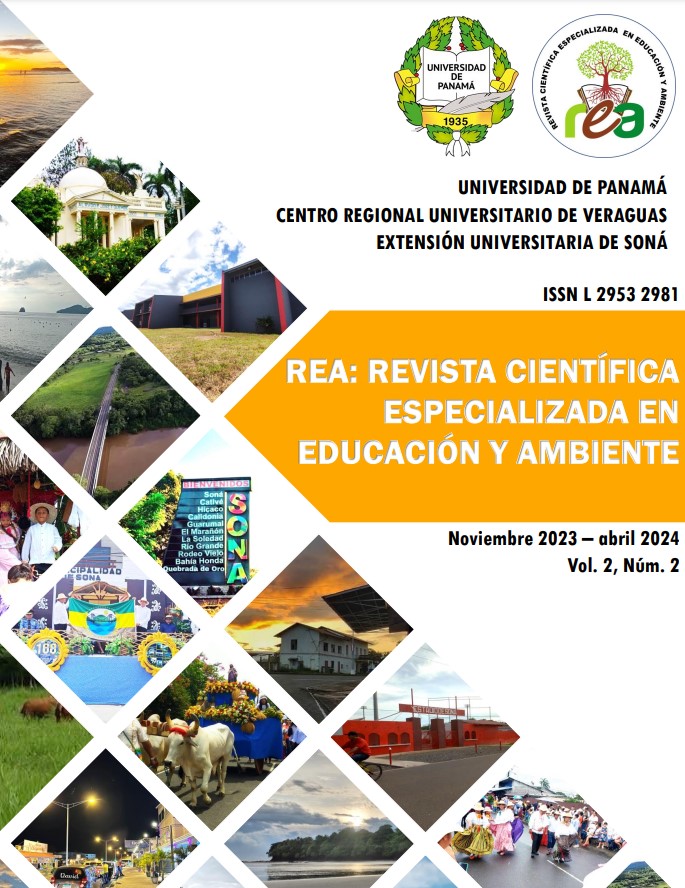

Study techniques are tools that facilitate the development of learning, aimed at helping students to increase their work capacity and at the same time increase their motivation to learn and study, at all educational levels. The study is located within the quantitative-descriptive, non-experimental paradigm. It is aimed at finding out the influence of study techniques and students' academic performance. The population corresponds to 100 first year students of the Faculty of Education Sciences, Primary Education at the CRU-Veraguas, with a simple random sample of 50 students. The results show that 62% of the students know the study techniques, but 82% do not make adequate use of them. It is visible that more than 40% of the students are affected by factors such as economic, time, interest, learning and use of study skills assimilated in secondary education. It is concluded that the influence of study techniques on students is very low due to lack of knowledge, little use, economic situations, time and infrastructure that prevent them from being promoted through interaction with teachers; in spite of this, academic performance is favourable, which suggests that if students, teachers and the institution contribute, this valuable learning resource can be strengthened.